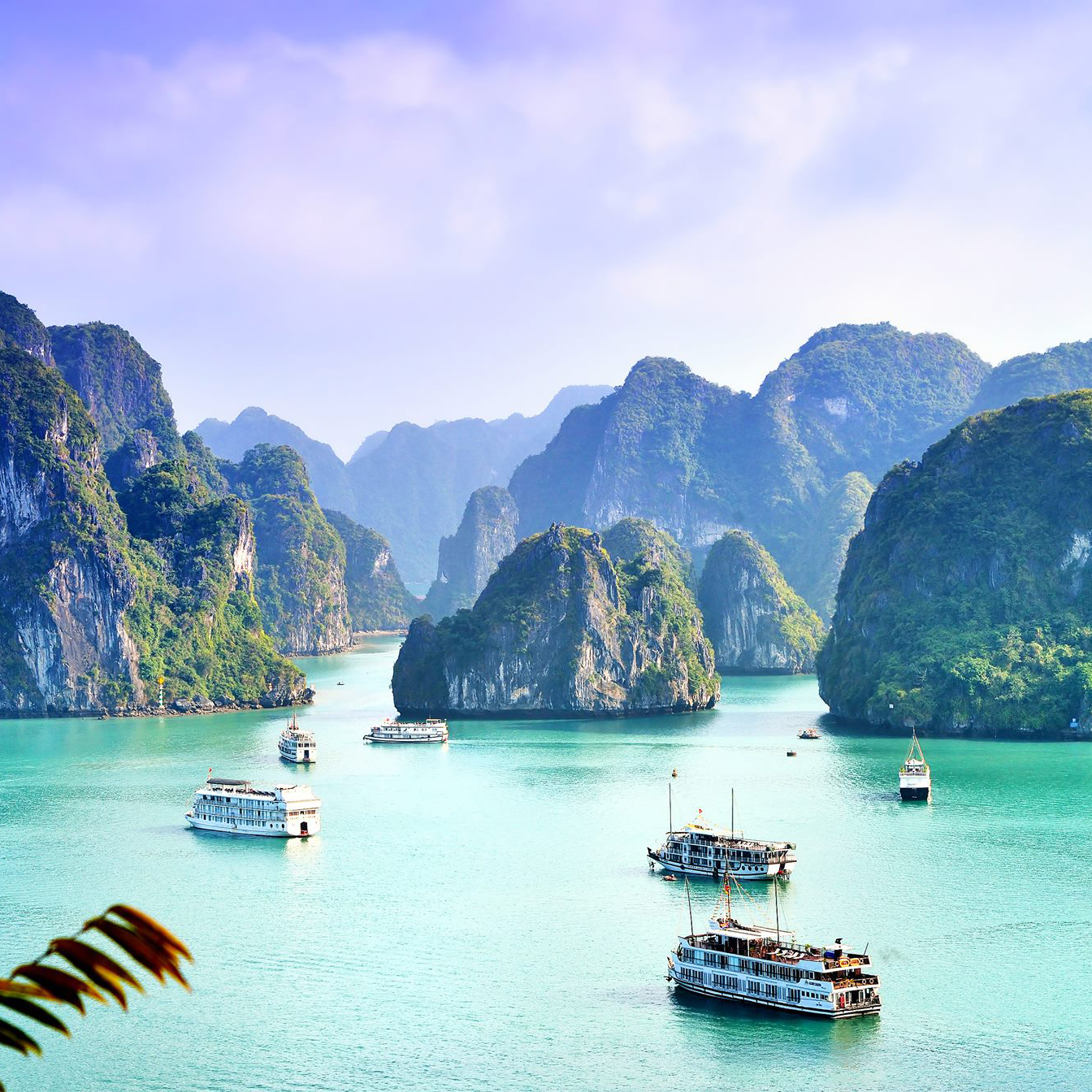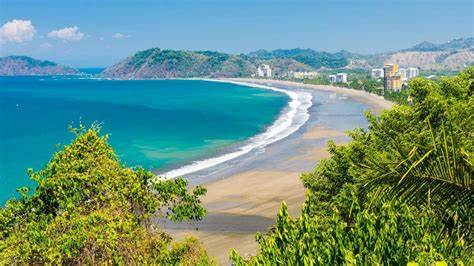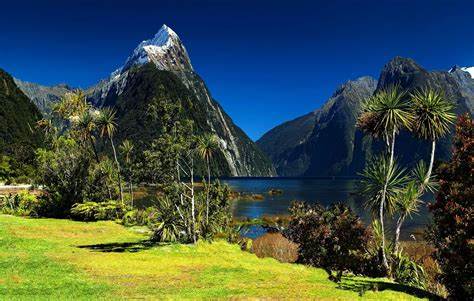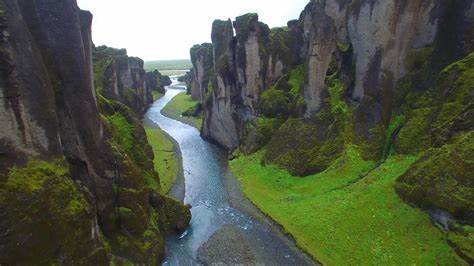Vietnam has quickly become one of Southeast Asia’s most sought-after destinations, drawing travelers not just for its stunning landscapes, vibrant culture, and rich history, but also for its growing commitment to sustainable tourism. From the peaceful beauty of Ha Long Bay to the charming streets of Hanoi and the lush Mekong Delta, Vietnam offers a travel experience that connects visitors with both nature and culture in a way that aligns perfectly with today’s travel trends—sustainability, wellness, and slow travel.
Sustainability is at the forefront of Vietnam’s tourism evolution. As the country continues to see rapid growth in tourism, there is a concerted effort to protect its natural beauty and preserve its resources. In places like Phong Nha-Kẻ Bàng National Park, eco-tourism initiatives are flourishing. Local businesses and guides are working together to create experiences that respect the environment, such as guided tours through the park’s incredible caves, which aim to educate travelers about conservation while offering them a deeper connection to nature. Additionally, eco-friendly accommodations, like those in the coastal town of Hoi An, are gaining popularity, with many resorts now using solar power, locally sourced food, and sustainable building materials. This shift toward sustainability not only protects Vietnam’s stunning landscapes but also supports the livelihoods of local communities.
Wellness travel is another emerging trend in Vietnam, as travelers seek to rejuvenate both their bodies and minds. The country’s peaceful countryside, stunning beaches, and tranquil lakes offer the perfect backdrop for wellness retreats. In places like Ninh Binh and the island of Phu Quoc, visitors can find luxury wellness resorts offering yoga, meditation, and detox programs surrounded by lush greenery and serene landscapes. These retreats allow travelers to disconnect from the hustle and bustle of daily life and reconnect with themselves in nature. Many of these resorts also incorporate traditional Vietnamese healing practices, such as herbal medicine and massage therapy, giving travelers a unique opportunity to experience the country’s rich cultural heritage while focusing on their well-being.
Slow travel has also gained traction in Vietnam, as visitors are increasingly looking to slow down and enjoy more meaningful, immersive experiences. Rather than rushing through major cities or ticking off the usual tourist spots, slow travelers are opting to stay longer in smaller towns, taking the time to learn about local traditions and customs. In the ancient town of Hoi An, for example, travelers can spend days wandering through its narrow streets, participating in cooking classes, or even learning the art of lantern making from local artisans. In the Mekong Delta, visitors can take slow boat tours to explore the waterways, visiting floating markets and meeting local villagers who depend on the river for their livelihoods. These slower, more deliberate experiences allow travelers to form deeper connections with their destinations and the people they encounter.
Technology is also shaping the way travelers experience Vietnam. With the help of apps and online platforms, tourists can easily find sustainable and eco-friendly accommodations and activities. Websites like BookDifferent and Green Key offer listings of hotels and tours that meet certain environmental standards, making it easier for travelers to make eco-conscious choices. Furthermore, virtual reality experiences are allowing people to explore some of Vietnam’s top destinations, such as the ancient city of Hue or the bustling streets of Ho Chi Minh City, before they even set foot in the country. This technology not only helps travelers plan their trips more efficiently but also gives them the tools to make more informed and sustainable travel decisions.
Digital nomadism is also on the rise in Vietnam, especially in cities like Ho Chi Minh City and Hanoi, which are home to vibrant expat communities and numerous co-working spaces. With affordable living costs, reliable internet, and a rich cultural scene, Vietnam has become a hub for remote workers looking to combine travel with their careers. These cities offer a perfect balance of work and leisure, with endless opportunities to explore local markets, visit historical sites, and enjoy delicious Vietnamese cuisine, all while maintaining a flexible work schedule.
As Vietnam embraces the trends of sustainability, wellness, slow travel, and digital nomadism, it is emerging as a destination that offers travelers not just an escape, but a chance to engage meaningfully with the environment and local culture. Whether you’re seeking a peaceful wellness retreat, a sustainable eco-tourism experience, or a slower, more immersive journey through its cities and countryside, Vietnam offers a diverse range of opportunities for the modern traveler looking for something more than just a typical vacation.






